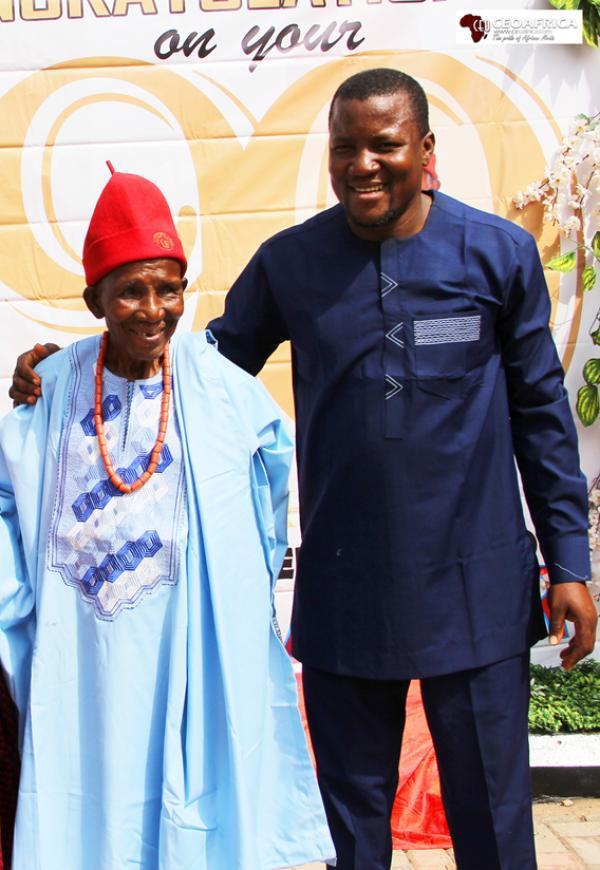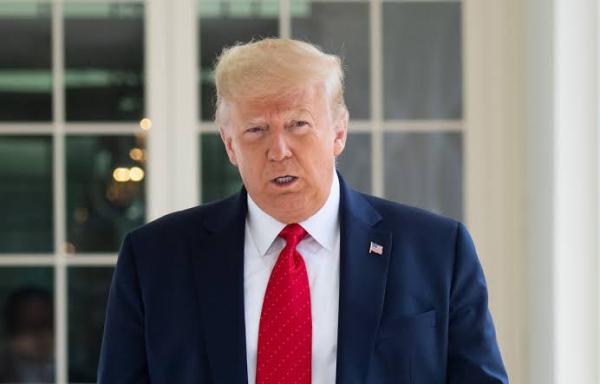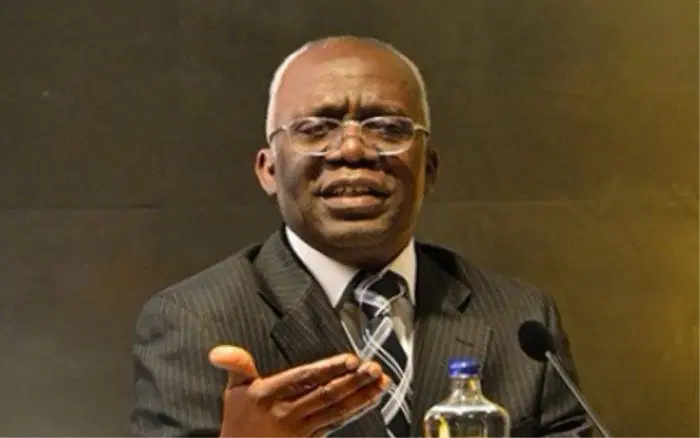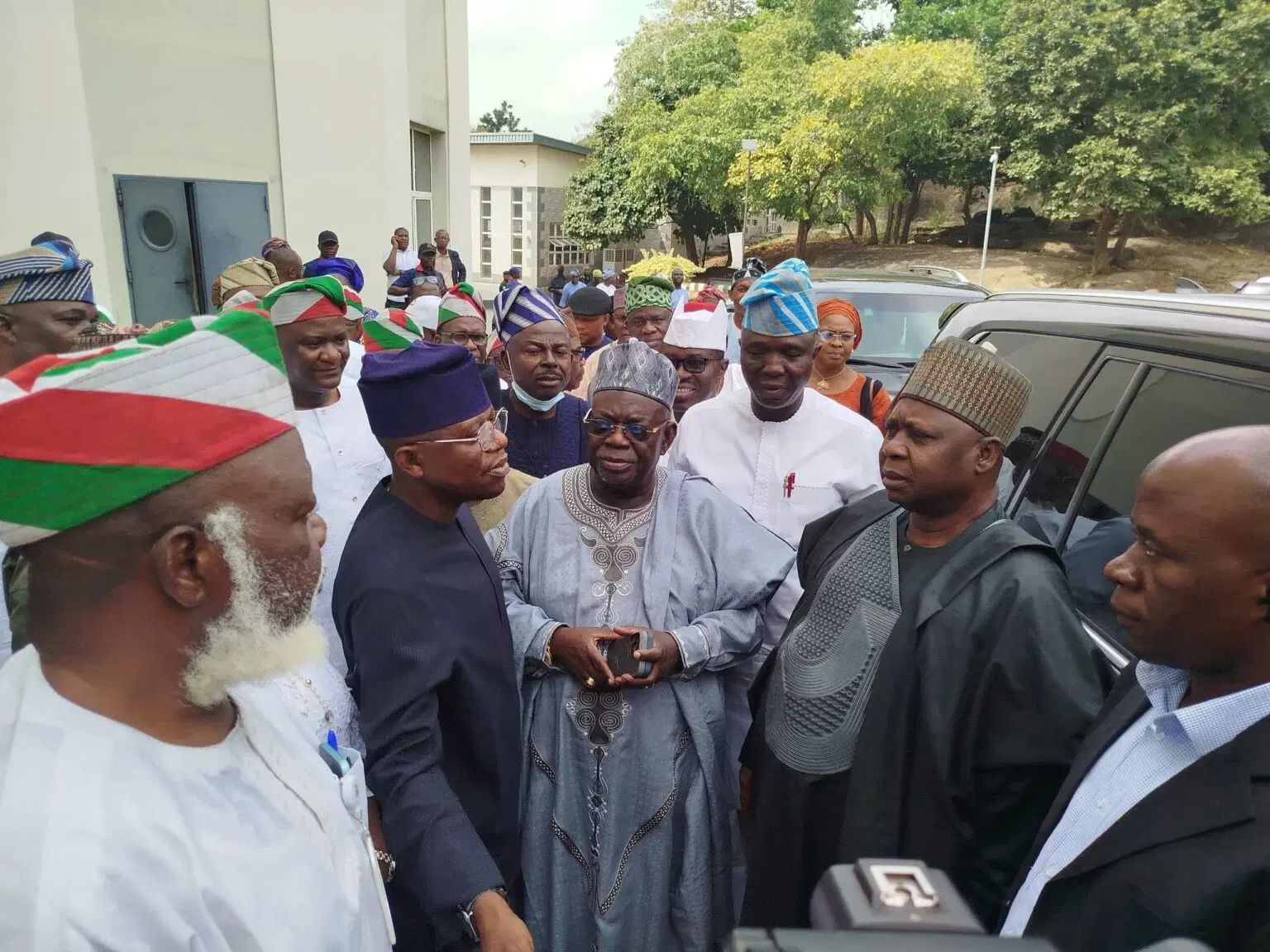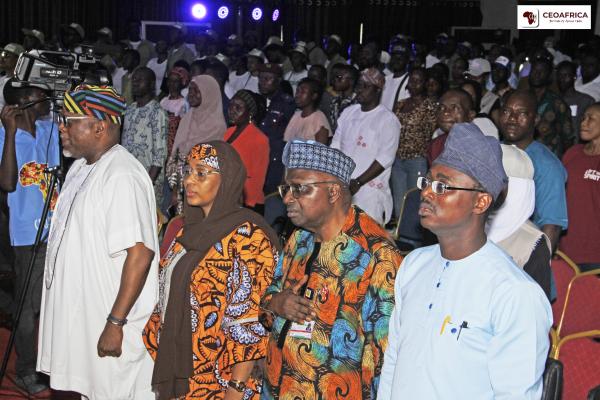
African Mission in Sudan
The president of Kenya and the prime minister of Ethiopia arrived Thursday in South Sudan for talks with President Salva Kiir on how to find a political solution to the fighting that has engulfed this young nation for more than a week.
President Uhuru Kenyatta of Kenya and Prime Minister Hailemariam Desalegn of Ethiopia flew to the South Sudanese capital, Juba, for a closed-door discussion with Mr. Kiir. Diplomats from Africa, Europe and the United States have called for an end to the hostilities and urged the two sides to begin negotiations before the violence escalates into an all-out civil war.
The revolt, which began last week, has spread rapidly to half of the country’s 10 states and to more than 20 cities and towns nationwide. Heavy fighting between government forces and rebels continued in South Sudan on Thursday, particularly in the strategic city of Malakal.
Tens of thousands of South Sudanese have sought refuge in United Nations compounds across the country, fleeing violence that is believed to have claimed thousands of lives, shaking a young nation that gained independence from Sudan in 2011.
Mr. Kiir spoke out against ethnically motivated killings on Wednesday in a Christmas address. In his address at a cathedral in Juba, the capital, Mr. Kiir acknowledged that Christmas this year was “very gloomy” but told his people: “Don’t despair. You hope for the best. Don’t lose hope.”
Last week, Mr. Kiir accused his former vice president, Riek Machar, of attempting a coup. Mr. Machar, whom Mr. Kiir summarily dismissed in July, has denied the accusation and says he will sit down at the negotiating table only after his political allies have been freed from detention.
The battle for the city of Malakal, in the northern part of the country, was particularly fierce on Wednesday. Since Tuesday, 40 people have been treated for gunshot wounds at the hospital there, including five who have died, said Michael White, who is in charge of the Doctors Without Borders mission in South Sudan.
The sound of tanks and rocket-propelled grenades echoed through the streets of the city on Wednesday. Some reports said that Malakal had fallen to the rebels, but a military spokesman said its fate was still undecided. “It’s not clear who controls the city,” said the spokesman, Col. Philip Aguer.
In Bentiu, the capital of the oil-producing Unity State, 26 people required surgery as a result of the fighting last week. The most serious wounds were inflicted by opportunistic looters wielding machetes in the Bentiu market, Mr. White said. The city is in the hands of a general who sides with Mr. Machar.
“Bentiu is still under control of forces loyal to Machar,” Colonel Aguer said. “For Bentiu, the S.P.L.A. is now studying what to do about it, what action to take.” The S.P.L.A. is the South Sudanese military, the Sudan People’s Liberation Army.
In a sign of the confusion surrounding the conflict, the United Nations Mission in South Sudan said in a statement on Wednesday that it was not in a position to confirm a report by Navi Pillay, the United Nations’ top human rights official, of a mass grave in Bentiu.
The mission said it was “deeply concerned over reports of extrajudicial killings in Juba and other locations in South Sudan,” adding that it was “investigating reports of such atrocities.”
Addressing the widespread concern about killings, lootings and other abuses, Mr. Kiir told the hundreds of people gathered at the cathedral in Juba: “Anybody that goes to the residential areas to kill people or to loot the property of others and hoping that he’s doing it to support me must know that that person is not supporting me. Instead, you are destroying me.”
The South Sudanese military has retaken Bor, the capital of the strategic but unstable Jonglei State, which rebel forces took control of last week. Three American aircraft flying into Bor to evacuate American citizens were attacked on Saturday morning and forced to turn back. Four American service members on board were wounded, one seriously. A subsequent evacuation mission on Sunday was successful.
As hundreds of civilians returned to Bor on Wednesday, Agence France-Presse reported that the streets were littered with bodies and signs of looted stores were visible.
The United Nations Office for the Coordination of Humanitarian Affairs said in a statement on Wednesday that at least 92,000 people had been displaced by the violence, and that “the real number of people displaced is likely to be significantly higher.” Nearly 60,000 people have sought safety at United Nations peacekeeping bases, including about 20,000 in Juba alone.
Aid agencies say they need $166 million to address the repercussions of the violence, including sanitation, health care, shelter, food and water.
James Gajaak, 32, the chairman of a committee responsible for displaced people at a United Nations compound near the Juba airport, said that 300 to 400 people were arriving each day, many with their possessions loaded in enormous piles on top of the vans that dropped them off. “We don’t have enough water, and there is no shelter at all,” he said. “Even the 4-day-old babies have no shelter at all.”
Dr. Christine Bimansha, a physician at the Doctors Without Borders clinic in Juba, said that clinic employees were already treating more than 200 people a day and were concerned about clean water and sanitation. “An outbreak of any transmissible disease — that’s our greatest fear,” she said.












